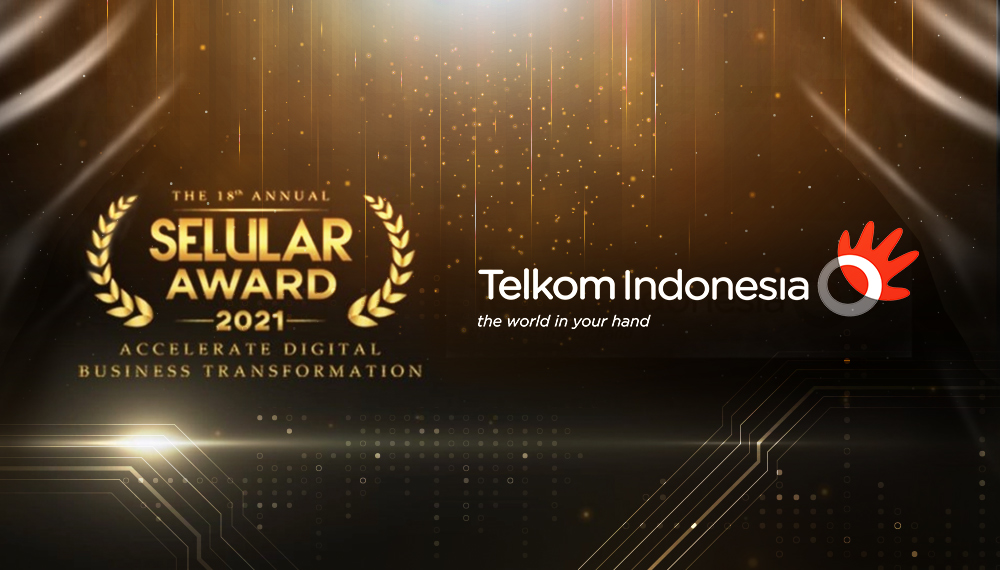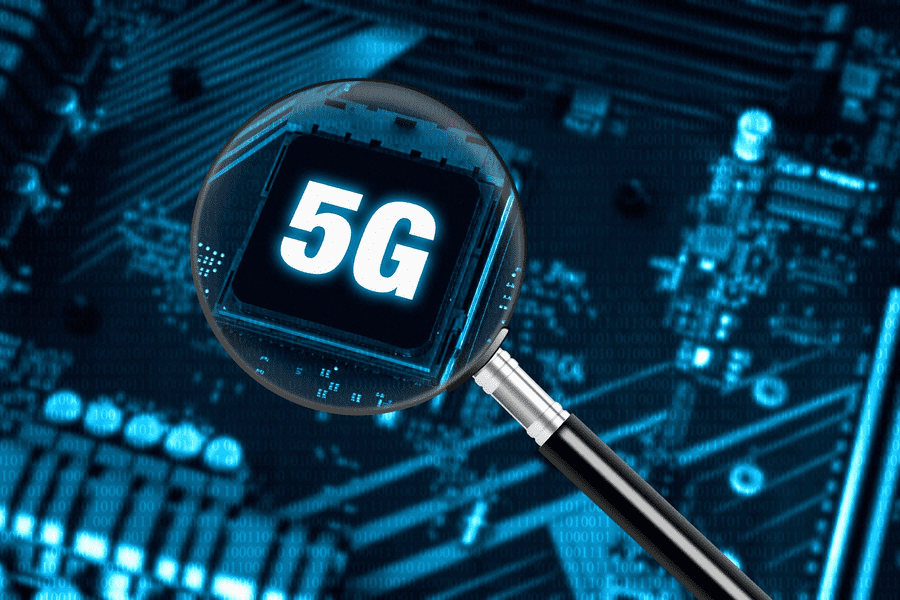The Different Types of data centers and which type your business needs

The past few years have seen increased demand for data. This rise has been brought up by the increase of businesses that shifted to focus on improving their online presence and more people working from home. However, storage, management, and transmission of this data couldn’t be available without data centers.
Data centers are offer high-tech equipment, top-of-the-range secure firewall, and efficient data storage systems. Here, we’ll look at the different types of data centers and the best one for your business.
1. Cloud Data Centers
A cloud data center is one in which the cloud provider administers and maintains the actual hardware with the assistance of a third-party systems integrator. It allows clients to operate apps and monitor websites and data inside the boundaries of a virtual network hosted on cloud servers.
Data is instantly fragmented and copied across several sites after being uploaded to cloud servers. In case of an unforeseen incident, the cloud provider ensures that you have a backup of your data.
Some cloud service providers offer customized cloud services, giving clients exclusive access to their cloud infrastructure, often known as private clouds. On the contrary, public cloud service providers ensure you get the necessary resources for internet access.
Cloud data centers only have to pay for the hardware they use for their services. This is because there is no need for regular updates, intense security features, or advanced cooling equipment.
2. Managed data centers
This is the type of data center in which a third party plays the role of deployment, storage, and management of data. They have a service platform where data can be managed entirely or partially. The provider monitors all technical information – including back-end data, if the data center is being managed fully. For partial management, enterprises would have managerial control over data center deployment and servicing.
Typically, the service provider maintains all network micro-services, including an operating system and other system-level programming upgrades. In the event of an interruption, it also restores data/services. The services are available from a permanent data center hosting site and colocation sites, including a cloud-based data center.
3. Colocation data centers
A colocation data center is a massive facility. It is also known as colo since it rents out rack space to organizations for their servers and other network equipment. It is frequently utilized by companies that may lack the capacity to run their own data center.
Colocation facilities provide various benefits for the server, including storage space, electricity, cooling, and physical protection. It is also in charge of connecting networking equipment to various telecom and internet providers. Companies with a significant geographic presence might distribute their gear over numerous locations. For example, one company's servers may be housed in many colocation data centers.
In conclusion, data centers are the backbone of the internet – and each one plays a crucial role in data access. NeuCentrIX is the leading colocation data center in Indonesia, with a presence in 13 cities. They offer advanced connectivity, optimal eyeball, and a carrier-neutral atmosphere for better content delivery.

















